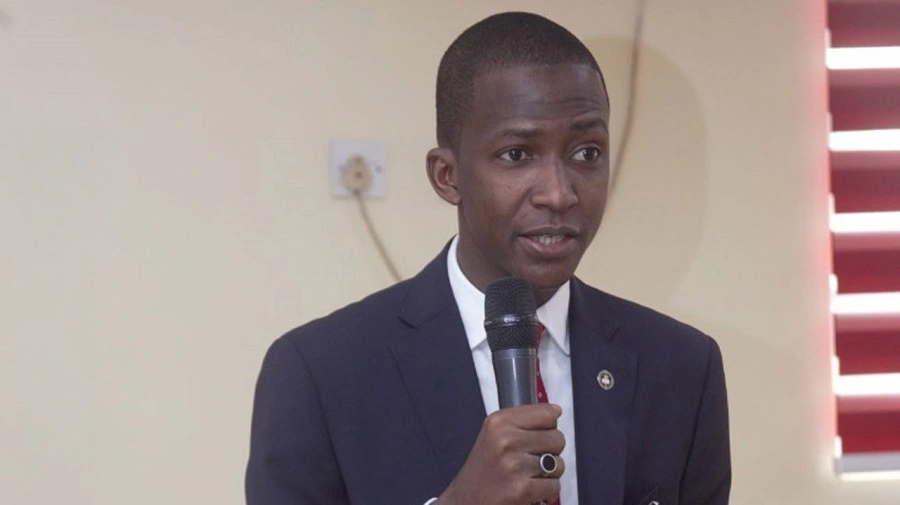The Executive Chairman of the Economic and Financial Crimes Commission (EFCC), Abdulrasheed Bawa has called for practical attitudinal change and collective actions as preventive tools in the fight against economic and financial crimes.
Bawa made the call in Abuja while delivering a Keynote Address at the Chatham House African Programme Conference with the theme, “Towards Collective Action On Corruption In Nigeria: Linking Evidence and Practice in Support of Attitudinal Change”.
The EFCC boss admitted that issues of economic and financial crimes have caused reputational damage to Nigeria and Nigerians across the world but acknowledged the bold, decisive and far-reaching efforts of the government in breaking the strongholds of the crimes in the land
According to him, “behavioural and social norms are the drivers to our daily response to issues, which collectively impacts society, either positively or otherwise.
“This audacious task of government is exhibited in the clear political will to deal with the issues frontally. To show its understanding of the problem, the government came up with the mantra; if we don’t kill corruption, corruption will kill us.”
Bawa, who advocated a multiple-pronged approach to solving the corruption problem, pointed out that the EFCC has always employed such a mechanism in addressing the menace of economic and financial crimes.
“The Economic and Financial Crimes Commission, EFCC, is conscious of its mandate and the need to adopt multiple approaches in its fight against corruption, money laundering, economic and financial crimes. These approaches revolve around the brick – and – mortal surveillance, investigation and prosecution processes and mechanisms that centre on attitudinal and behavioural changes that can serve as preventive tools in the fight against this malaise,” he said.
Read Also: SERAP asks Buhari to withdraw BBC, Trust TV sanction threat in 48 hours
The EFCC boss also advocated the use of social media to push for more vigorous citizen engagement in the fight against corruption.
He said, “We must look beyond the traditional approaches to citizens’ engagement and extend to new frontiers, such as the digital space. Social media offers a delicate but helpful outlier for participation by citizens in the fight against corruption.”
While highlighting the success of the EFCC in previous years, Bawa said, “The Commission set yet another record of convictions in 2021, where it recorded Two Thousand Two Hundred and Twenty-Two (2220) convictions, representing a 127.5 percent improvement over the 2019 record. The 2021 conviction record represents a 98.49 percent success rate in prosecution, as the Commission lost only 34 cases during this period.”
He urged Nigerians to take active interest in the affairs of the agency through the whistle blowing policy of the government while pushing for accountability of the anti-corruption agencies by demanding for more appropriate counter measures against graft.
The Conference paraded a cream of accomplished professionals, including Dr Alex Vines OBE, Managing Director, Ethics, Risk and Resilience and Director, African Programme, Chatham House; Professor Olatunde Babawale, Provost, Anti-Corruption Academy of Nigeria (ACAN), and Bishop Matthew Hassan Kukah, among others.
Click on The Trumpet and follow us on our Twitter page for more:





